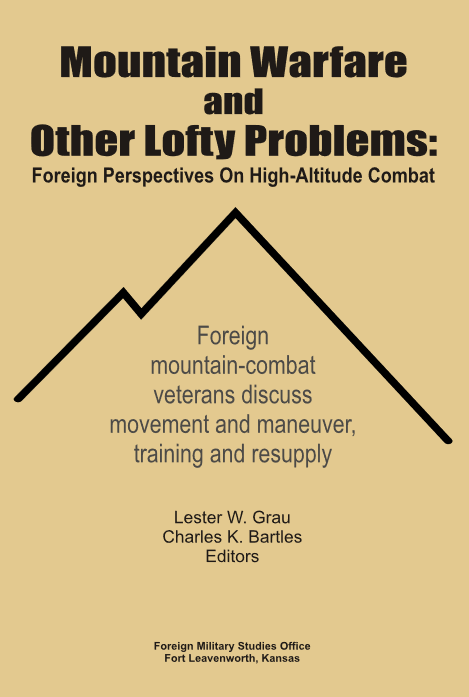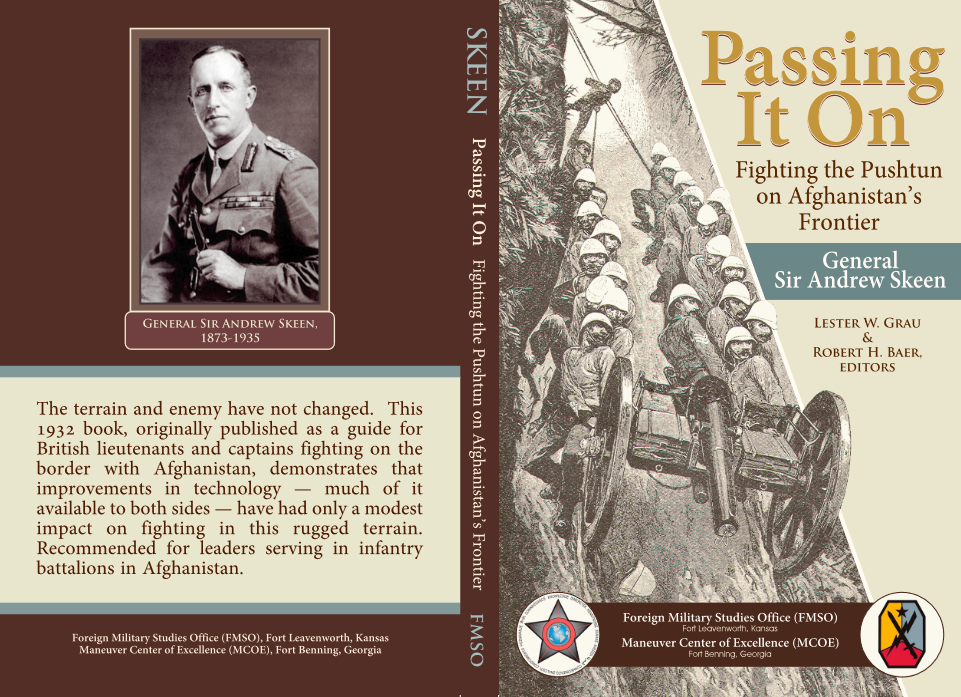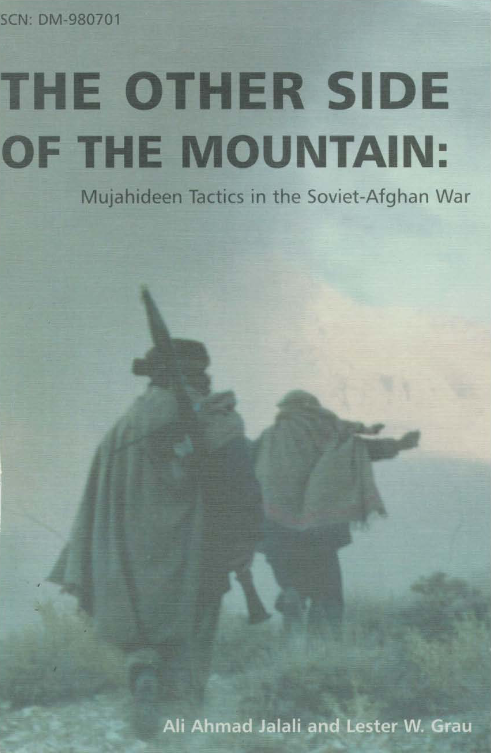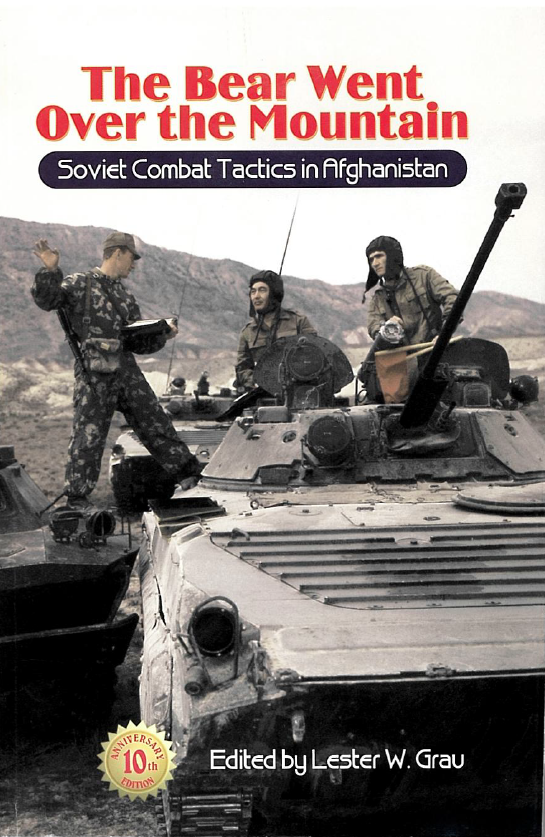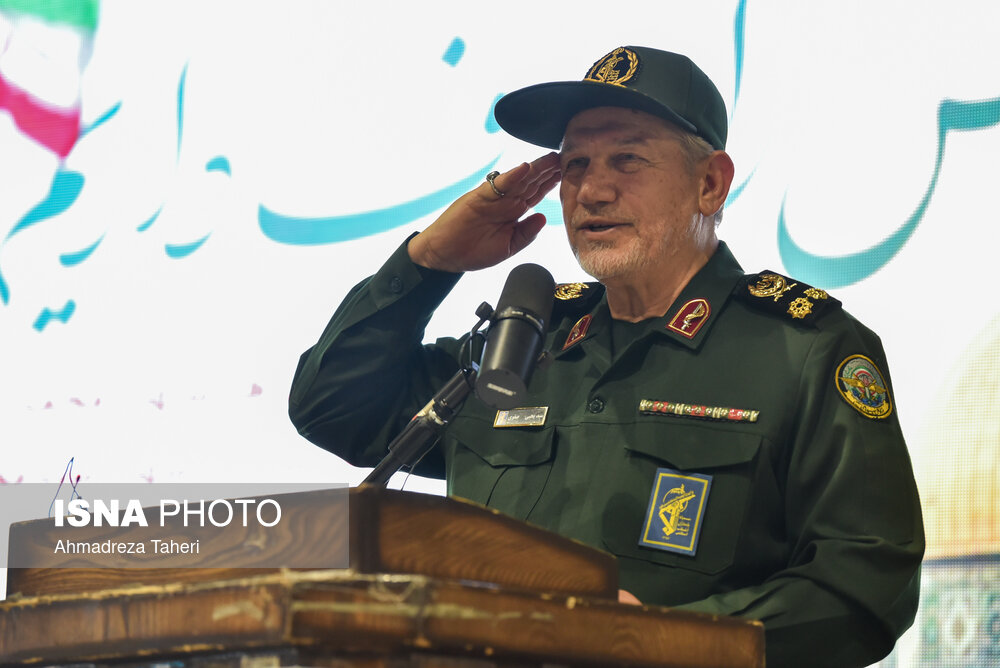
Major General Yahya Rahim Safavi speaking at ceremony honoring Syria martyrs in Esfahan. He recently articulated that he believes that the Resistance Axis cannot be defeated.
“The Soviet Union,…invaded and occupied Afghanistan in 1979 [and] finally ran away… American occupiers from 2001 to 2021 occupied Afghanistan and Iraq, but you saw how they ran away.”
On 1 April 2024, around six months into the Israel-Hamas war, Israel killed several senior members of the Islamic Revolutionary Guard Corps (IRGC) in an air strike at the Iranian embassy compound in Damascus, Syria.[i] Speaking to IRGC members and the families of those killed, assistant and senior adviser to the commander-in-chief of the armed forces (referring to the Supreme Leader), Major General Rahim Safavi said that the Resistance Axis—Iran’s proxies in the Middle East such as Hamas and Palestinian Islamic Jihad—have defeated Israel already. GEN Safavi’s remarks, which were published by the Iranian state broadcaster IRIB on 14 April, are noteworthy because they showed that he believes the international community and public opinion have turned against Israel. GEN Safavi argues that the fight against Israel will prevail because “occupiers… don’t have the durability and survivability.” Despite the high death toll and Israel’s continued push to eradicate Hamas in Gaza, he notes that the demise of the militant group was not possible since it is a deeply embedded ideology in the psyche of Palestinians as part of their “culture of resistance.”[ii]
Using history as a reference, GEN Safavi pointed out how the Soviet Union was unable to defeat the Mujahideen in Afghanistan during the Soviet-Afghan war. This view, which is shared by many in the upper echelons of the Iranian clerical establishment, suggests that the Resistance Axis, despite taking heavy hits by Israel in Lebanon, Syria, and Gaza, will not be vanquished. In GEN Safavi’s view, the Resistance Axis is winning the battle of hearts and minds, given how the international community and international public opinion have turned against Israel. Thus, regardless of the war’s outcome, GEN Safavi believes that “America and [Israel] have been defeated… and the Resistance Axis has been victorious.” This thinking is what incentivizes Iran to continue materially and financially supporting its proxies in the region because, inevitably, it believes Israel will no longer exist as a country and will be replaced by Palestine.
OE Insight Summary:
Senior advisor to IRN Supreme Leader believes Resistance Axis already defeated ISR because Hamas ideology cannot be eradicated, and ISR is losing international public opinion.
Sources:
“محور مقاومت تعیین کننده سرنوشت آینده منطقه خواهد بود (The Resistance Axis will determine the future fate of the region),” Islamic Republic of Iran Broadcasting (state broadcaster), 7 April 2024.
Major General Yahya Rahim Safavi, assistant and senior adviser to the commander in chief of the armed forces (referring to Supreme Leader Ayatollah Ali Khamenei), said on April 14 in a ceremony honoring and celebrating the efforts and sacrifices of the terrorized martyrs of Damascus (referring to the high-ranking IRGC Quds Force members killed by Israel on April 1, 2024)…
Addressing the martyrs’ families and the IRGC, he referenced three concepts that change events, trends, and strategies and said: The blood of your oppressed martyrs, the blood of the defenders of the shrine (IRGC-linked personnel dispatched overseas separate from Quds Force), the resistance (axis), and the oppressed Palestine—at least 100,000 martyrs and injured in Gaza—will make a big change in events, trends, and strategies of the region and our country will determine the future fate of the region under the leadership of Iran.
He clarified: The events that are happening now and in the future in the West Asian region (Middle East) or in the international environment and the Islamic World are different during the past four decades in terms of politics, culture, economy, and security…
In the last six months, the Zionist regime (Israel) has committed all kinds of crimes and war crimes, genocide, rape, and famine against two million, which is considered to be the summary of the 75-year record of this regime. These criminal actions change the face of the security, international, media, and culture systems of the world.
Major General Rahim Safavi added: Of course, all the crimes that are currently happening in occupied Palestine are being done with the backing/support of America, some Western countries, and the treacherous silence of some Arab and non-Arab countries (Turkey) in the region…
Contrary to what the criminal [Israeli Prime Minister Benjamin] Netanyahu announced that (Israel) wants to destroy Hamas’ movement and free its prisoners (hostages), we must say that Hamas’ movement is an ideology, a culture of resistance, and a cause of liberation for Palestinians to freely return to their land, the holy Jerusalem’s Dome of the Rock and al-Aqsa Mosque as the first qibla of Muslims…
Pointing out that no occupying force has been able to remain in any land forever during the past 100 years, he states: by studying history, we see that, for example, the Soviet Union, which at the beginning of the victory of the revolution, invaded and occupied Afghanistan in 1979, finally ran away… American occupiers from 2001 to 2021 occupied Afghanistan and Iraq, but you saw how they ran away…
The powerful occupiers in Islamic and even non-Islamic lands don’t have the durability and survivability because nations fight for the freedom of their lands, and defend their rights, land, and this is a rational and divine tradition…In this very Gaza war, until today, the Palestinian fighters have maintained most of their strength and are resisting and carrying out offensive operations. Whatever happens after the Gaza war indicates that thanks to the blood of the Gaza martyrs, defenders of the holy shrine, Yemen, Lebanese Hezbollah, Iraq, and Syria, America and the Zionists (Israel) have been defeated in this six-month war, and the Resistance Axis has been victorious. With God’s grace, the new Islamic Middle East will be formed, centered on the resistance and Islamic Iran.
Notes:
[i] Susannah George and Mohamad El Chamaa, “Israeli strike on Iranian Consulate in Damascus kills key commander, Iran says,” The Washington Post, 1 April 2024. https://www.washingtonpost.com/world/2024/04/01/syria-iran-embassy-strike-israel/
[ii] Aaron Boxerman “What We Know About the Death Toll in Israel From the Hamas-Led Attacks,” The New York Times, 12 November 2023. 1https://www.nytimes.com/2023/11/12/world/middleeast/israel-death-toll-hamas-attack.html
Image Information:
Image: Major General Yahya Rahim Safavi speaking at ceremony honoring Syria martyrs in Esfahan. He recently articulated that he believes that the Resistance Axis cannot be defeated.
Source: Iranian Students’ News Agency (semi-official news agency), 12 April 2024. https://www.isna.ir/photo/1403012412626/%D9%85%D8%B1%D8%A7%D8%B3%D9%85-%DA%AF%D8%B1%D8%A7%D9%85%DB%8C%D8%AF%D8%A7%D8%B4%D8%AA-%D8%B3%D8%B1%D8%AF%D8%A7%D8%B1%D8%A7%D9%86-%D8%B4%D9%87%DB%8C%D8%AF-%D8%B1%D8%A7%D9%87-%D9%82%D8%AF%D8%B3-%D8%AF%D8%B1-%D8%A7%D8%B5%D9%81%D9%87%D8%A7%D9%86#7
Attribution: CCA-SA 4.0 Intl.

